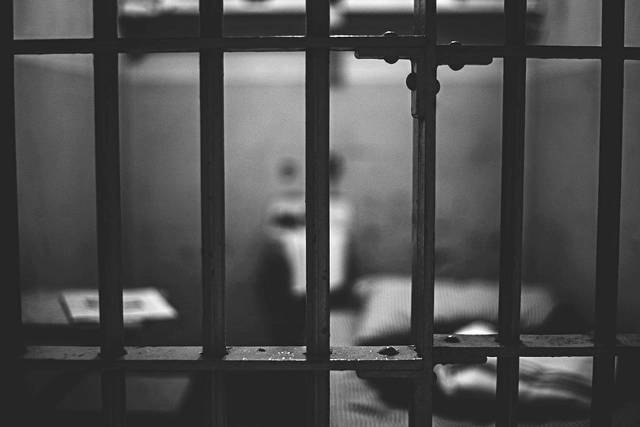Candace McKinley is the lead organizer for the Philadelphia Community Bail Fund, which is working to end cash bail in Philadelphia.
The mission of the Philadelphia Community Bail Fund is to end the use of cash bail in Philadelphia and, until that day comes, post bail for as many of our neighbors as possible. We formed in May 2017 to raise money to free mothers and caregivers before Mother’s Day. Since then, we’ve paid over $1 million to free 372 people imprisoned because they were too poor to buy their freedom.
We are driven by the urgency to end the practice of locking up people who haven’t been convicted of a crime simply because they are too poor to pay bail. In 2019, we joined the ACLU of Pennsylvania lawsuit urging the state Supreme Court to enforce existing rules regulating the use of cash bail. If these rules were actually followed, many of the abuses that we encounter every day would no longer occur.
I saw the urgency of ending cash bail in the story of G.T., a plaintiff in the Supreme Court lawsuit. G.T. is in his 50s and suffering from chronic pain from a past injury. Before his arrest, he was on food stamps and living in his car with all of his possessions, on the verge of securing an apartment. But, unable to afford cash bail after his arrest, G.T. languished in jail for weeks, wondering if his car and possessions would still be intact when he finally got out. What’s worse, during his incarceration, G.T.’s mother was battling cancer. He worried that the longer he stayed in jail, he might miss the opportunity to say goodbye to his mother.
The urgency I felt was compounded by learning the story of K.B., another plaintiff. K.B. is a 27-year-old mother of two who could not afford cash bail. K.B. ended up being separated indefinitely from her 5- and 9-year-old children.
In both cases, the judges who assigned cash bail failed to consider the fact that both G.T. and K.B. could not afford to pay. Under the Pennsylvania Rules of Criminal Procedure, the ability of a person to pay must be considered before a judge can assign a person cash bail. Cash bail is supposed to be used to ensure that a person will return to court, not as a pretext to lock up a poor person who has not been convicted of a crime.
In my work, I have seen the abuse of cash bail result in people languishing in jail for 14 months or more, losing their jobs, losing their housing to foreclosure or eviction, losing custody of their children, and pleading guilty to crimes that they did not commit just for the promise of one day being free. But now, in the age of covid-19, the use of cash bail is a matter of life and death.
With jails frequently crowded or at capacity in many counties around the state, social distancing and self-isolation is an impossibility. An outbreak of covid-19 in an institution where people eat, sleep, and shower in extremely close quarters would be catastrophic. Many incarcerated people lack access to basic hygiene products, clean clothing, and adequate medical care.
Think about it: Thousands of people in pretrial detention only because they can’t afford to buy their freedom could get sick and die in coming months if action isn’t taken.
The truth is, the covid-19 pandemic exposes the deep flaws in Pennsylvania’s broken cash bail system. This could have dire consequences on the lives of incarcerated people, those who work and provide services in our prisons and jails, and our entire community.
If the state Supreme Court rules that Philadelphia is in fact breaking the rules when it comes to setting cash bail, that ruling will have implications for bail hearings not just in Philadelphia, but in every county in Pennsylvania.
Pennsylvania bail judges should always be following the rules, but during this pandemic, even a single cash bail assignment could be a death sentence. Counties across the state should be paying close attention to the state Supreme Court’s decision. It has never been more urgent to do the right thing.








